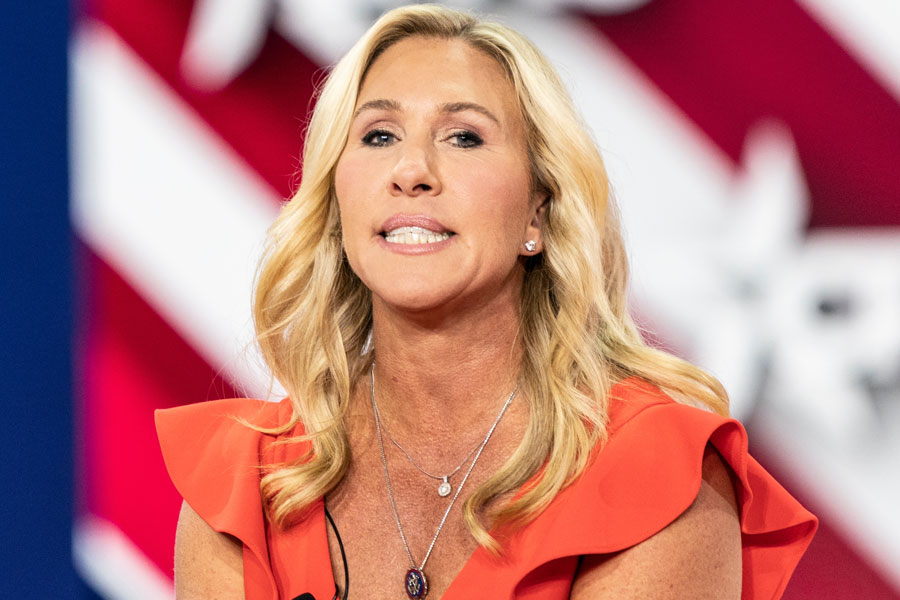
WASHINGTON, D.C. – In a largely overlooked event at the time, controversial Congresswoman Marjorie Taylor Greene (R-GA) introduced a bill entitled the “21st Century FREE Speech Act” this past April, which – if passed – would abolish Section 230 – a section of Title 47 of the Communications Decency Act – a law that protects tech companies from legal and civil liability over what users post on their platforms.
Greene’s bill (HR 7613) serves as the House equivalent to a similar Senate bill introduced by Sen. Bill Hagerty (R-TN) in 2021, which would repeal Section 230 and ensure that Americans have “reasonable, non-discriminatory access to online communications platforms” – similar to telephone, transportation, and electric services – by classifying social media platforms and other websites hosting public discourse as “common carriers.”
The announcement came on the heels of Elon Musk’s now abortive attempt to take over Twitter, which at the time the Tesla CEO said was to loosen the strict content moderation the platform had at the time over its users. Green was supportive of Musk, saying at the time that his actions inspired her to find a bill that would address this issue of “big tech” censorship on a wide scale.
“Elon Musk buying Twitter and talking about defending free speech has ramped up the Democrats’ efforts to want to clamp down on speech,” she said. “That made me realize, you know, that I need to introduce this now.”
Greene’s bill states that transparency is needed in terms of how “major technology platforms” moderate the content that their users share on it, and claimed that conservatives typically receive the lion’s share of censorship when compared to other political ideologies.
“Americans today use major technology platforms to communicate and consume information,” the bill states. “These platforms are owned by large technology corporations that dominate their markets and use opaque, inconsistent moderation practices, allowing them to control the information presented and discussed in the modern public square.”
The 21st Century Free Speech Act (HR 7613) purports to solve this issue by providing reasonable, non-discriminatory access to Americans to media platforms; ensuring consumer transparency, including full disclosure of content moderation practices; creating a private right of action that would allow consumers to sue tech companies that violate the previous two provisions of the bill; and abolish Section 230 itself “in favor of a liability protection framework that marries that Section’s original intent with the ensuing 25 years of enormous technological change.”
“For too long Big Tech oligarchs in Silicon Valley have silenced patriotic Americans for simply speaking the truth,” Greene said of the bill. “Our country needs more freedom of speech and more information not less of it. Big Tech’s tyrannical control over the public square must be stopped and the right to speak must be restored.”
Since introducing The 21st Century Free Speech Act in April, there has been no further news of its progress; The Published Reporter will inform its readers when there are any updates.



Comments are closed.